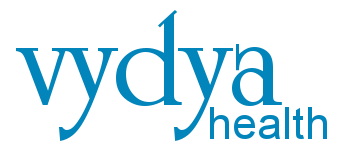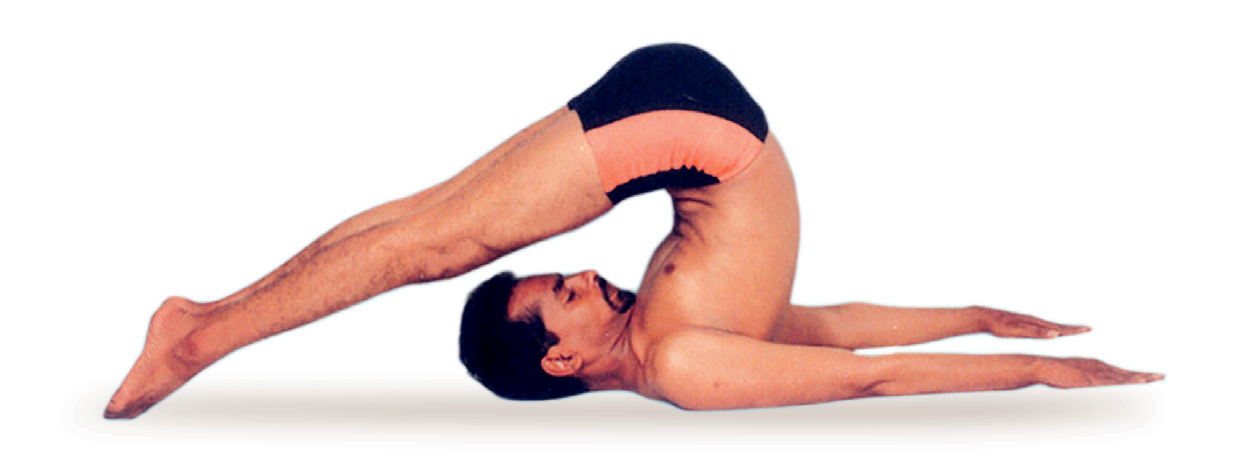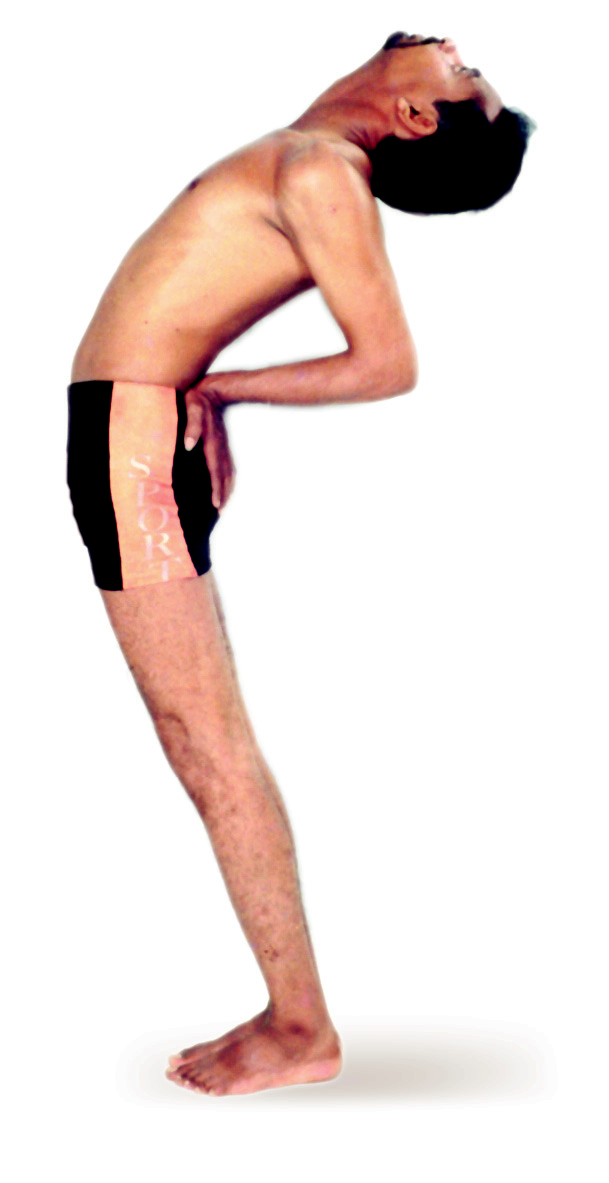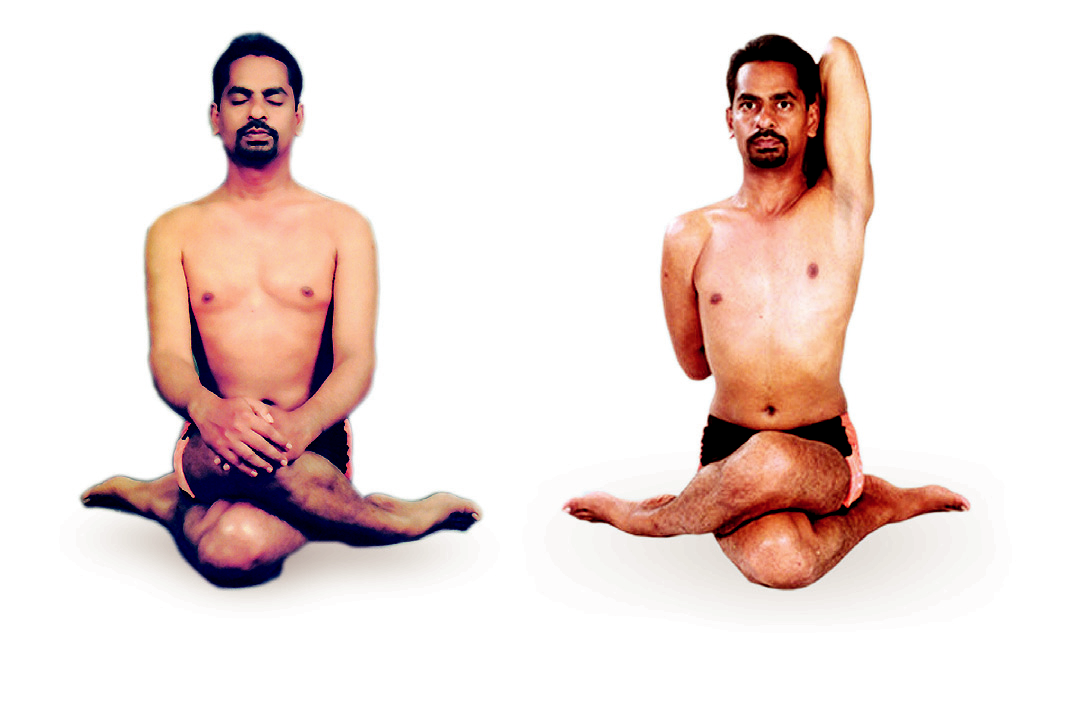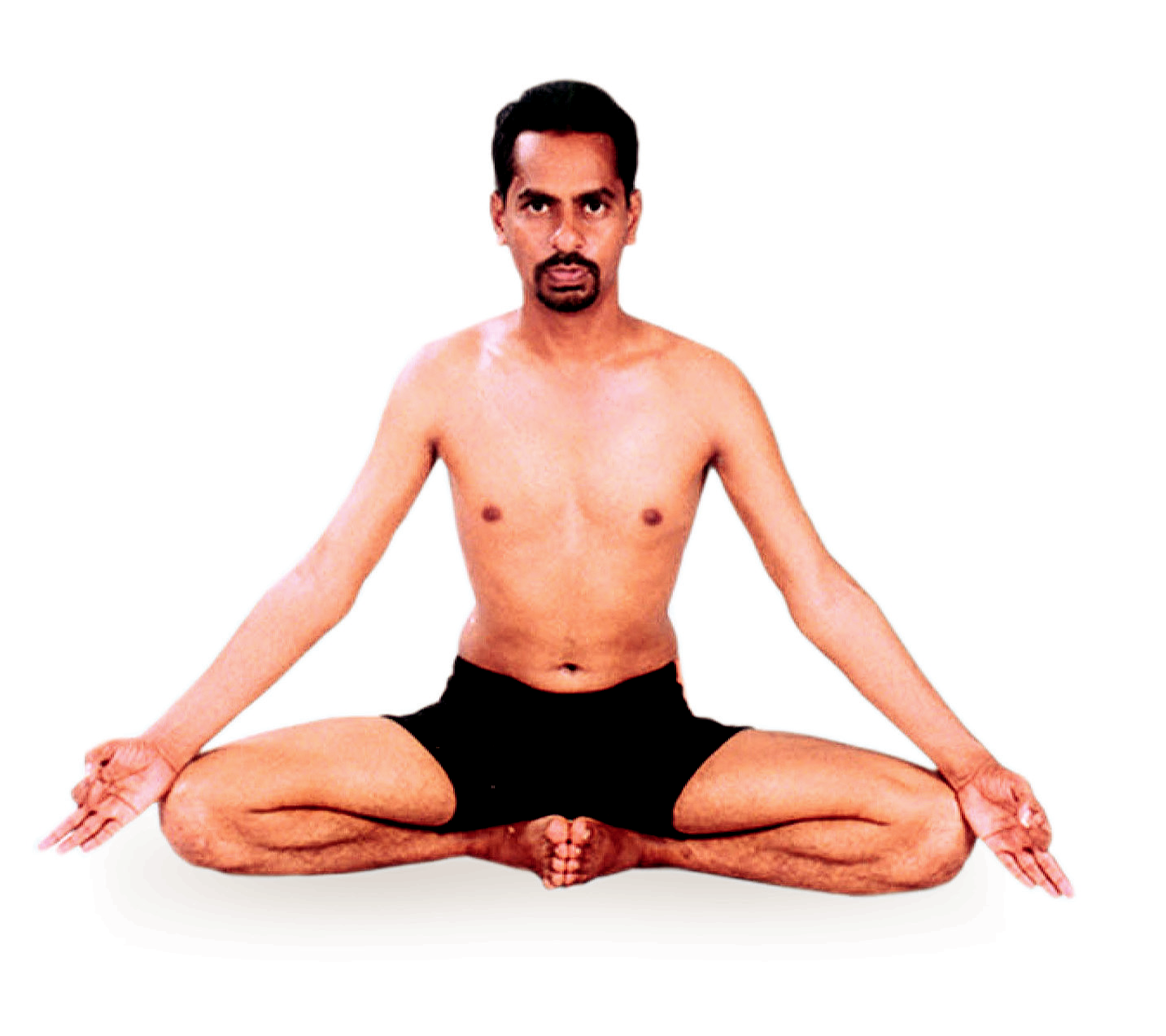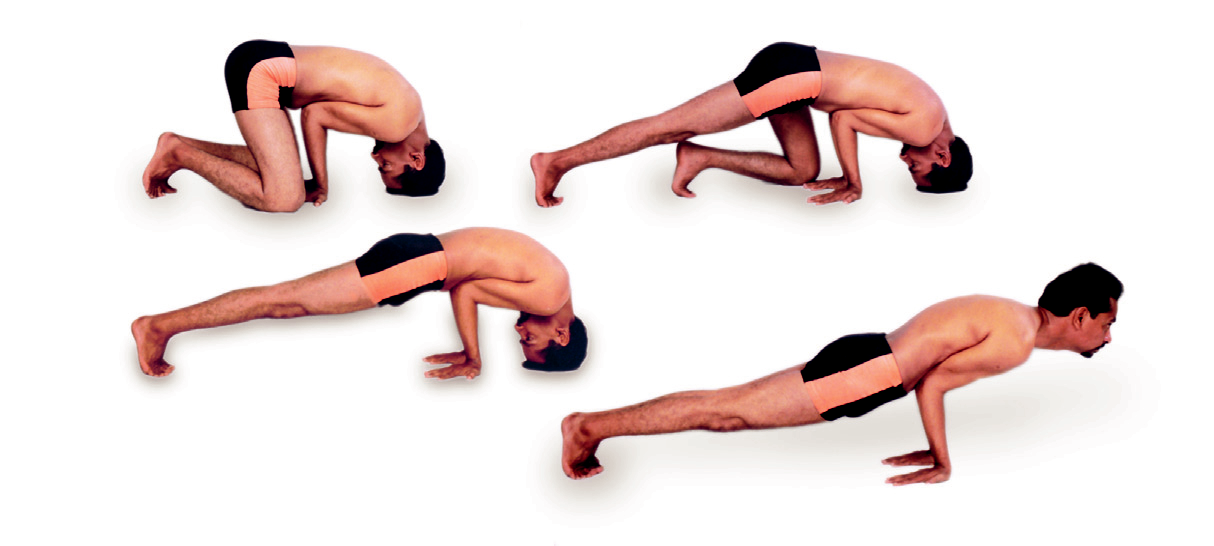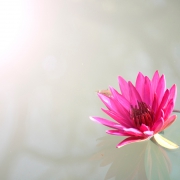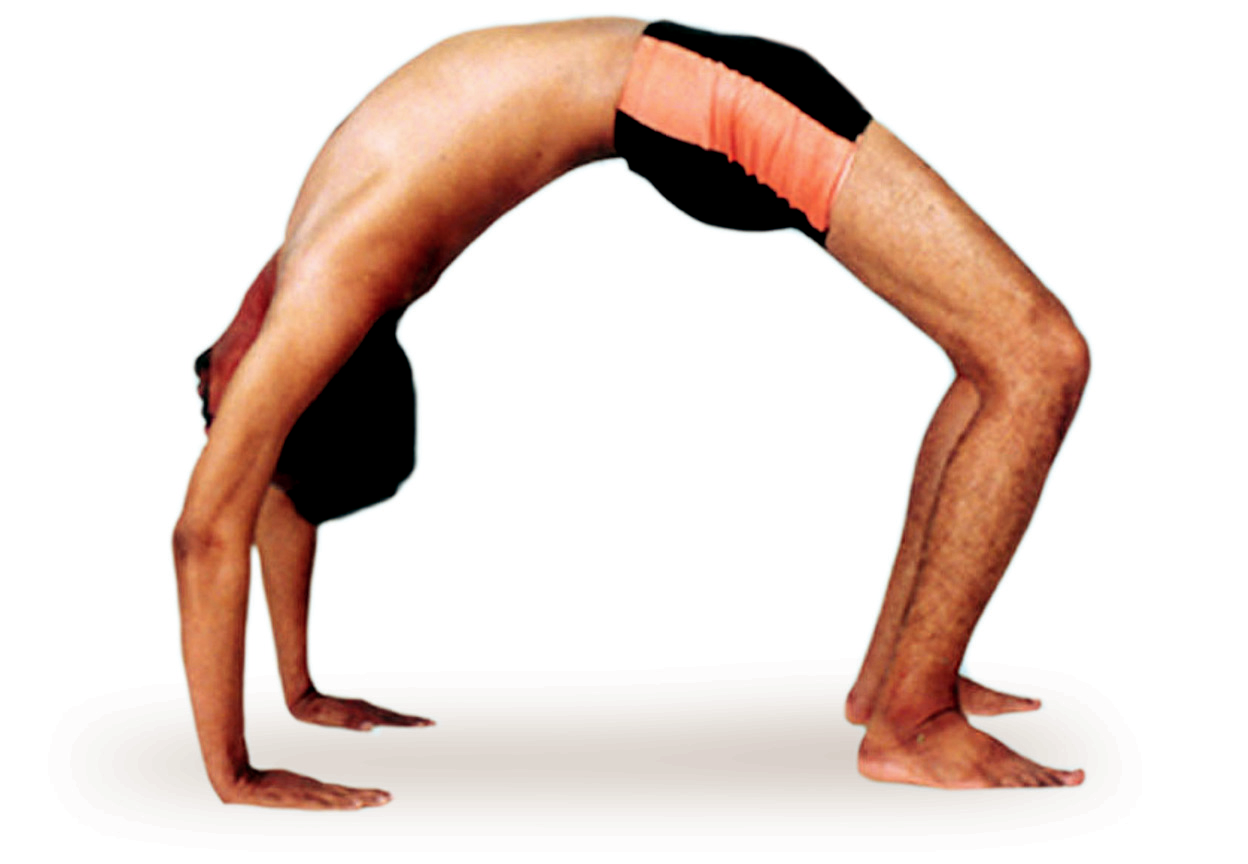The Halasana Yoga Pose For Flexible Back!!
Halasana is a popular yoga pose or asana that brings people more health benefits and advantages. In Sanskrit language, “Hala” means “Plough” as well as “asana” means ‘pose”. For this reason, this yoga pose is called as Halasana. While speaking about plow, it is a famous farming tool used in the Indian agriculture in order to prepare soil for easily sowing crops. In this posture, the body shows a structure of plough. This yoga pose bring more flexibility to the spine and strengthens your back muscles. Moreover, Halasana is an advanced yoga posture that is easy to practice as well as includes lots of specialized health benefits.
Description:
- Lie down on your back with legs stretched out and hands on your side
- While inhaling, slowly lift your legs vertically up while keeping your hands on your side
- Now, slowly take your legs to the back over the head, and support your back with your hands till you reach Sarvangasana
- From Sarvangasana, you can exhale and bend from your hip joints in order to lower the toes slowly to the floor over and above your head. If possible, you can keep the torso at a 90 degree angle to your floor as well as your legs completely extended.
- With the toes on your floor, you can lift the tailbone and top thighs toward your ceiling portion and draw the inner groins cavernous into your pelvis. You can imagine that the torso is really handing from height of the groins. You can continue in order to draw the chin away exactly from the sternum as well as soften the throat.
- Continue to press the hands against your back torso, pushing your back up toward your ceiling because you can press your backs of upper arms properly down, onto the support. Otherwise, you can easily release the hands away from back as well as stretch your arms out following you on your floor, reverse the legs. You can clash your hands and properly press your arms down actively on better support so you can lift your thighs towards ceiling.
- Halasana is normally performed after that Sarvangasana pose for anywhere from one to five minutes. In order to exit this pose, you can bring the hands onto back again, effectively list back into this Sarvangasana with a great exhalation, and then roll down onto the back, or just roll out of your pose on the exhalation.
Breathing activities while doing Halasana
You can exhale, while inhaling lift your toes off the ground keeping your legs straight. You can repeat this breathing activity, to release from the pose, lower your legs slowly to ground. Finally, you can relax your body and breathe normally.
You can remain in this yoga pose from 1 to 2 minutes which will be beneficial for your health.
- Halasana improves the strength and tone of your back muscles.
- This yoga pose eliminates the unwanted rigidity of your back muscles
- It also improve the functioning of your spinal nerves
- This posture enhances the working of your thyroid, pituitary gland and parathyroid
- It brings an excellent stretch to your spine which really increase its overall functioning and elasticity
- It can activate the digestion process and helps with the constipation
- This yoga pose increase the overall efficiency of your abdominal organs, including pancreas, kidney, liver and spleen.
- The breathing activities as well as movements of your diaphragm aids to massage your abdominal organs
- This yoga pose activates the thymus gland and thyroid gland, stimulating immunity and metabolism
- Halasana not only strengthens your muscle, but also open up your shoulder, back muscles, abs and neck.
- It tones your legs properly
- It can calm your nervous system, eliminate fatigue and stress
- It stimulates your thyroid gland as well as strengthens your immune system
- It helps female during menopause
- This posture clears stomach disorders and constipation
- It helps to minimize the body fat and belly
- Your inner organ such as spleen, pancreas, thyroid and kidneys are really nourished well
- It normalizes the high blood pressure.
- The yoga pose cure the menstrual disorders or issues in women
- It enhances your memory power
- It really helps you to keep the back bone strong and flexible
- This yoga pose should be completely avoided during menstruation and pregnancy.
- It should be seriously avoided if you are suffering from the spleen, liver, enlarged thyroid and cervical spondylits, headache, weak blood vessels, slipped disc and more.
- You can avoid practicing Halasan if you really have injured neck, suffering from high blood pressure and diarrhea.
- Consult a healthcare professional before practicing this pose if you have critically suffered from spinal disorders or chronic diseases
Halasana includes three different preparatory poses such as Sarvangasana, Viparit Karni and Ashwini Mudra. After that, you can perform certain follow-up yoga poses including Karnapeedanasana, Chakrasana, Matsyasana and Vistrut Pada Halasana
